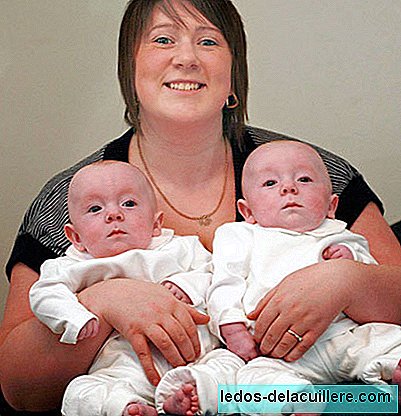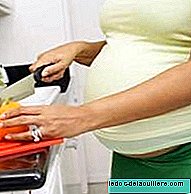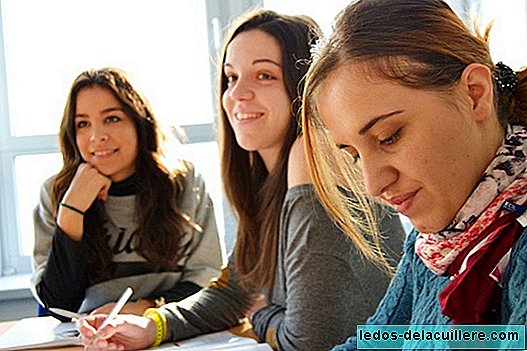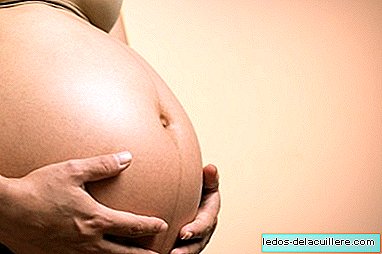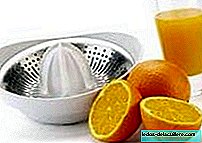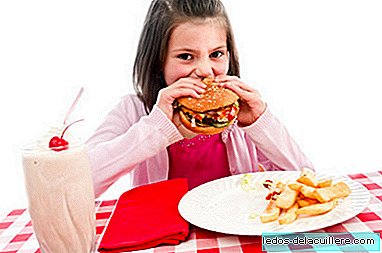
The numbers of obese children have increased considerably in the last 40 years, reaching 129 million obese children and adolescents worldwide. WHO has been warning about this serious problem for some time and many countries are beginning to take measures to curb this crisis of malnutrition among children and adolescents.
The Netherlands is a country very involved in the fight against childhood obesity, and the measures that began to be implemented in Amsterdam in 2012 are already paying off, and have managed to reduce childhood obesity rates by up to 12% in the capital.
A controversial measure that begins to give results
In 2012, parents, teachers, health personnel, sports trainers and municipal delegates from the city of Amsterdam joined forces to work together to curb the numbers of obese children in the capital.
One of the first measures they took was that Children who went to Mc Donald's without their parents' company could only buy apples. And although initially this measure was not accepted willingly among the population, five years later the numbers of obese children in Amsterdan have been reduced by 12% (including the most disadvantaged classes, where there is a greater risk of obesity)
But in addition to this curious prohibition of buying food other than apples at Mc Donald's, fast food or sugary soda companies cannot sponsor school sporting events.
Sugary drinks are also prohibited in schools (students are only allowed to drink water or milk) as well as industrial pastries or any other snack with high sugar content.
Likewise, and thanks to a European grant, all students have a piece of fruit or vegetables three days a week and go to collective and healthy cooking workshops where they learn, for example, to cook broccoli pizzas or use dates in Recipes to replace sugar.
And as a complement to a balanced diet, parents are encouraged through numerous campaigns to ensure the proper rest of their children and play sports with them.
But is it necessary to ban?
At this point there are probably those who wonder if it is really necessary to get to this extreme to prohibit children from buying a hamburger at a Mc Donald's or drinking a juice at a certain time.
There is no doubt that education and example are the key, but it is not always easy to find understanding between schools and parents' decisions, and sometimes there are also families who are little co-aware of the healthy eating of the little ones.
Therefore, I do not see badly that the authorities take measures in the matter prohibiting, for example, the machines of sale of snacks in the schools and institutes, increasing the taxes of the sugary drinks or watching over the proper nutrition of children beyond the family environment.
And to you, what do you think about these measures taken in Amsterdam?
Via Medical Writing
In Babies and More The figures of obese children in the world have multiplied by 10 in the last 40 years, The principle of everything: when the sugar industry got to believe that the danger was fat, Five are few: ten portions of fruit and vegetables a day to live longer, what do you choose for your children? Great sign about sugar hidden in baby food


